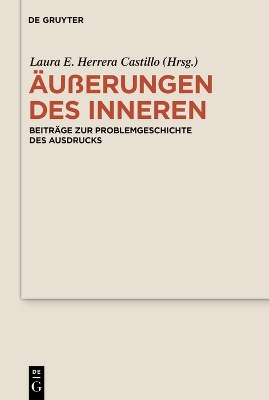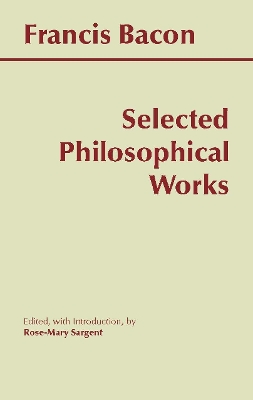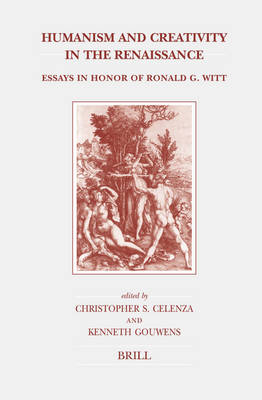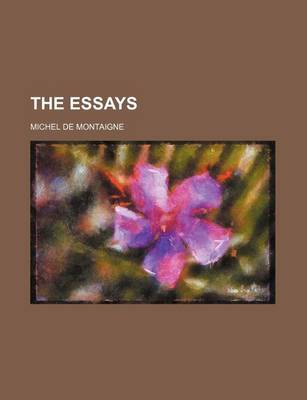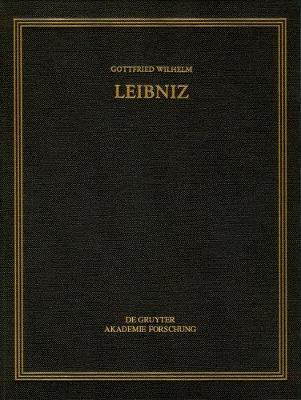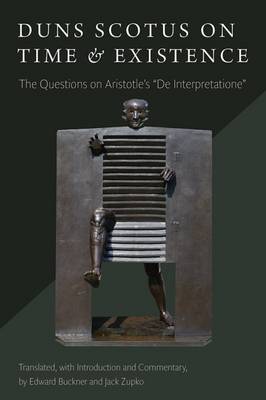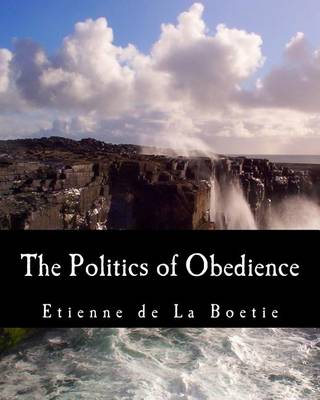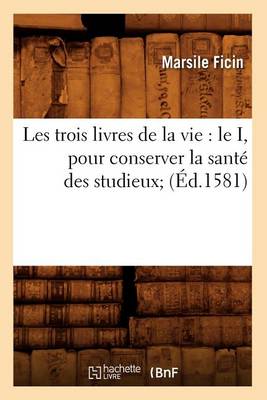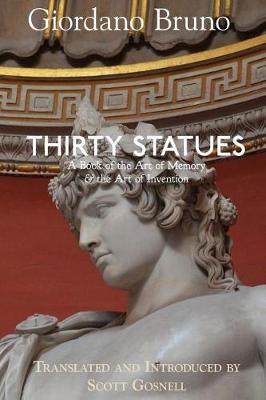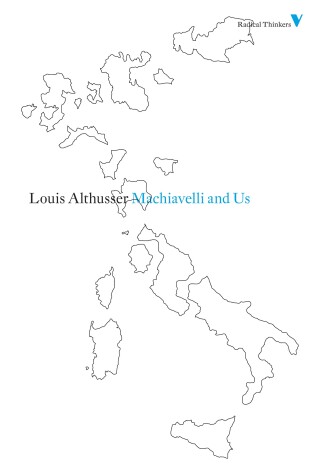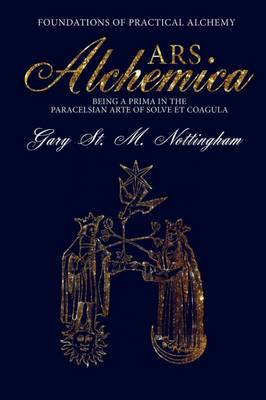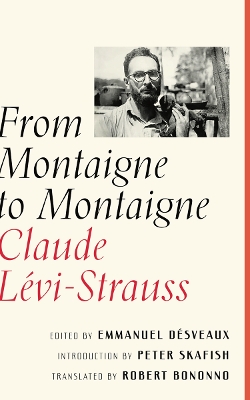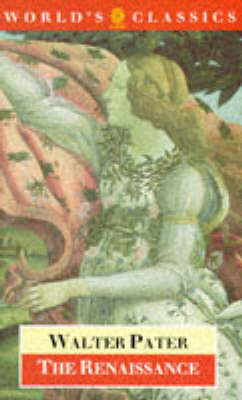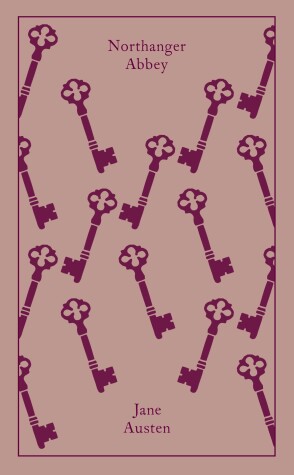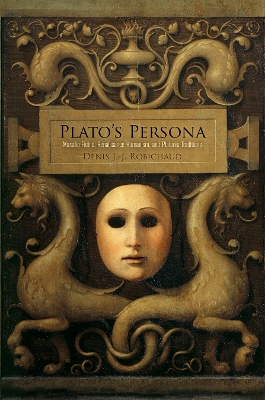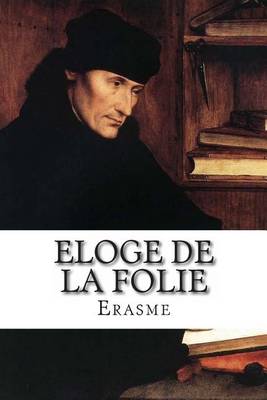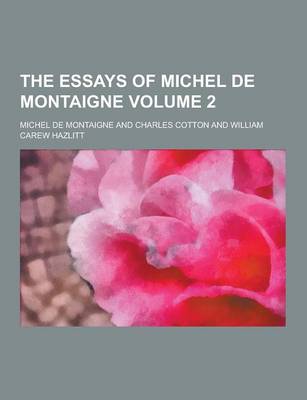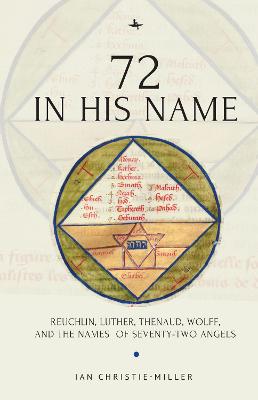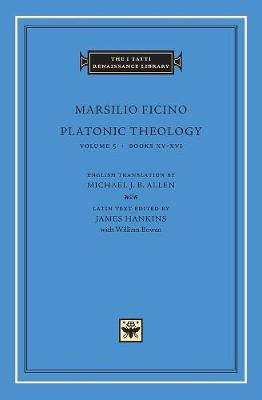Utopia (English Classics S.) (Penguin Great Ideas)
by Saint Thomas More
This is the classic idea of a people's commonwealth. Although it has become a byword for the unrealistic since publication in 1516, this extract demonstrates a far more real and practical side to More's vision.
The most comprehensive collection available in paperback of Bacon's philosophical and scientific writings, this volume offers Bacon's major works in their entirety, or in substantive selections, revised from the classic 19th century editions of Spedding, Ellis, and Heath. Selections from some of Bacon's natural histories round out this edition by showing the types of compilations that he believed would most contribute to the third part of his Great Instauration. Each work has a separate brief in...
Humanism and Creativity in the Renaissance (Brill's Studies in Intellectual History, #136)
This collection of original essays, gathered in honor of distinguished historian Ronald G. Witt, explores a range of issues of interest to scholars of Renaissance and Early Modern Europe. Contributors include Robert Black, Melissa Bullard, Anthony D'Elia, Anthony Grafton, Paul Grendler, James Hankins, John Headley, John Monfasani, and Louise Rice.
Reflections by the creator of the essay form display the humane, skeptical, humorous, and honest views of Montaigne, revealing his thoughts on sexuality, religion, cannibals, intellectuals, and other unexpected themes. Included are such celebrated works as "On Solitude," "To Philosophize Is to Learn How to Die," and "On Experience."
Duns Scotus (c. 1265-1308) is one of a handful of figures in the history of philosophy whose significance is truly di"fficult to overestimate. Despite an academic career that lasted barely two decades, and numerous writings left in various states of incompletion at his death, his thought has been profoundly influential in the history of western philosophy. The Questions on Aristotle's `Perihermenias' is an early work, probably written at Oxford in the closing decade of the thirteenth century. T...
The Politics of Obedience (Large Print Edition)
by Etienne De La Boetie
Les Trois Livres de la Vie: Le I, Pour Conserver La Sante Des Studieux (Ed.1581) (Sciences)
by Marsile Ficin
Thirty Statues (Giordano Bruno Collected Works, #6)
by Scott Gosnell and Giordano Bruno
"We do not publish our own drafts, that is, our own mistakes, but we do sometimes publish other people's," Louis Althusser once observed of Marx's early writings. Among his own posthumously released drafts, one, at least, is incontestably neither mistake nor out-take: the text of his lecture course on Machiavelli, originally delivered at the ecole Normale Superieure in 1972, intermittently revised up to the mid-1980s, and carefully prepared for publication after his death in 1990. Though only ap...
ARS Alchemica - Foundations of Practical Alchemy
by Gary St Michael Nottingham and Jack Alucard
Two previously unpublished lectures charting the renowned anthropologist’s intellectual engagement with the sixteenth-century French essayist Michel de Montaigne In January 1937, between the two ethnographic trips he would describe in Tristes Tropiques, Claude Lévi-Strauss gave a talk to the Confédération générale du travail in Paris. Only recently discovered in the archives of the Bibliothèque national de France, this lecture, “Ethnography: The Revolutionary Science,” discussed the French essay...
The Renaissance (Green Integer Books, #38) (Bibliobazaar Reproduction)
by Walter Pater
Walter Pater is increasingly being referred to by modern critics as an important precursor of modernist aesthetic theory. His study, The Renaissance , was also very influential in its own day, particularly on the work of Oscar Wilde who described it as 'my golden book...the very flower of decadence'.
Part of Penguin's beautiful hardback Clothbound Classics series, designed by the award-winning Coralie Bickford-Smith, these delectable and collectible editions are bound in high-quality colourful, tactile cloth with foil stamped into the design. During an eventful season at Bath, young, naïve Catherine Morland experiences the joys of fashionable society for the first time. She is delighted with her new acquaintances: flirtatious Isabella, who shares Catherine's love of Gothic romance and horror...
Culture, civilization and human destiny a philosophical perspective
by Sharma Jatinder Kumar
In 1484, humanist philosopher and theologian Marsilio Ficino published the first complete Latin translation of Plato's extant works. Students of Plato now had access to the entire range of the dialogues, which revealed to Renaissance audiences the rich ancient landscape of myths, allegories, philosophical arguments, etymologies, fragments of poetry, other works of philosophy, aspects of ancient pagan religious practices, concepts of mathematics and natural philosophy, and the dialogic nature of...
Leading figures at the dawn of the sixteenth-century Reformation commonly faced the charge of "judaizing": 72 In His Name concerns the changing views of four such men starting with their kabbalistic treatment of the 72 divine names of angels. Johann Reuchlin, the first of the four men featured in this book, survived the charge; Martin Luther's increasingly anti-semitic stance is contrasted with the opposite movement of the French Franciscan Jean Thenaud whose kabbalistic manuscripts were devote...
The Platonic Theology is a visionary work and the philosophical masterpiece of Marsilio Ficino (1433-1499), the Florentine scholar-philosopher-magus who was largely responsible for the Renaissance revival of Plato. A student of the Neoplatonic schools of Plotinus and Proclus, he was committed to reconciling Platonism with Christianity, in the hope that such a reconciliation would initiate a spiritual revival and return of the golden age. His Platonic evangelizing was eminently successful and wid...

